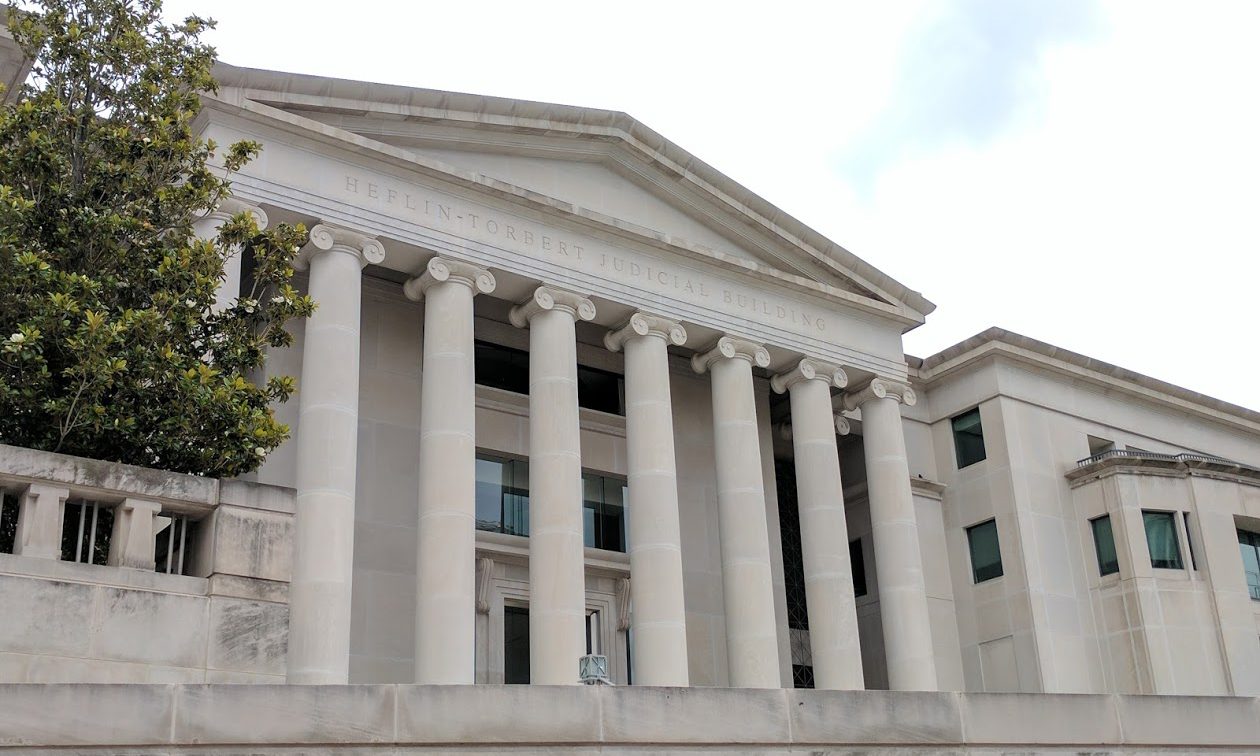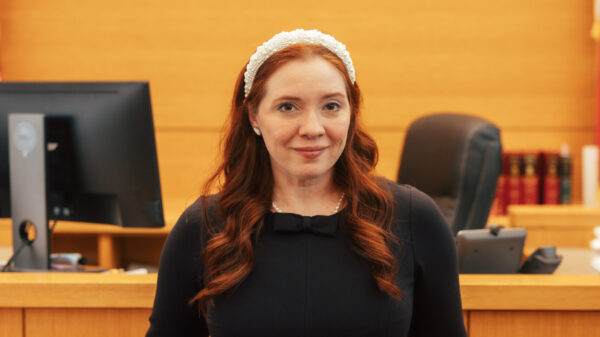The Alabama Supreme Court heard oral arguments in the case against former Republican Speaker of the House Mike Hubbard on Tuesday.
Court observers agreed that during the hour-long hearing, the seven justices repeatedly threw hostile questions at the state’s Solicitor General Edmund G. LaCour Jr. while lobbing softballs at Hubbard’s defense lawyer Sam Heldman, a noted Washington D.C.-based appeals attorney.
A consensus among those who have watched Hubbard’s case from the beginning — a decidedly pro-prosecution group — believe the ALSC is looking for a path to exonerate Hubbard on at least the five counts involving receiving a thing of value from a principal.
Hubbard was convicted by a Lee County jury in 2016, which found Hubbard guilty of soliciting and receiving $150,000 in investments into a failing printing business from four principals, soliciting and receiving valuable financial and business advice from a principal and receiving more than $300,000 in “consulting fees” from two companies who had business before the Alabama Legislature.
Hubbard’s counsel argued that its issue was how the law was interpreted, not what the jury decided. This line of reasoning is a novel approach since the trial Judge Jacob Walker III, a Lee County Jury and the Court of Criminal Appeals weighed the evidence and laws and found him guilty.
Of the seven justices present, only Chief Justice Tom Parker queried the defense. However, all seven justices probed the state on a variety of issues.
Justices Michael Bolin and Will Sellers focused primarily on who was a principal, with Sellers casting doubt on the state’s case. Sellers, a long-time Republican political operative before coming to the court, had a close personal relationship with Hubbard and his mentor, former Gov. Bob Riley.
The question of who is a principal is the single most controversial element since Hubbard’s conviction and caused a considerable stir in the legal and business community.
Hubbard’s attorney argued that it was the business entity that was the principal and not a person. While the business interests paid the lobbyist, it was a person acting on the company’s behalf who made the decision.
During Heldman’s presentation, as an example, he cited Will Brooks, who at the time was chairman of the Business Council of Alabama, and argued that Brooks was not a principal. During the Hubbard trial, the prosecution showed that Brooks was the person making decisions. But Justice Sellers, in questioning the state, said the law was too vague. The Lee County jury, after being properly instructed by Judge Walker, found sufficient evidence to show that Brooks acted as a principal for BCA as they did for the others from whom Hubbard received things of value.
To now say it’s too vague is not a question for Sellers or ALSC. It was a jury question, which they answered.
In another exchange with LaCour, Justice Brady Mendheim, a Gov. Kay Ivey appointee, didn’t appear to understand even the basics of the case and questioned LaCour about how the state determined Hubbard acted with criminal intent.
Determining intent is a jury function, as LaCour explained. A jury looks at the evidence on both sides and then decides whether they see a crime beyond a reasonable doubt. In a two week-long trial, a citizen-jury looked at the facts of the case and determined Hubbard was guilty beyond a reasonable doubt on 12 of the 23 counts the state charged. The appeal court rejected only one count, leaving a guilty verdict in place on the other 11 counts.
Justices also questioned whether those who invested in Hubbard’s failing printing business received fair value for their money. Questions about APCI and patents obtained for New York businessman Robert Abrams were raised, giving the State precious little time to make its case. These questions were asked and answered by a Lee County jury and the Court of Criminal Appeals.
One attorney who witnessed the hearing thinks the ALSC is dotting “I”s and crossing “T”s, but more weary watchers see a court looking to set Hubbard free on at least some of the charges, if not all of them.
Hubbard was indicted in 2014. He was convicted in 2016, and his final appeal was Tuesday, June 4, 2019. By any measure, this is an extraordinary length of time for a criminal trial to linger without a final verdict.
Hubbard was seated behind his defense team where he was flanked by his wife, Susan, and former BCA chief Billy Canary.
Chief Justice Tom Parker, Associate Justices Michael Bolin, Sarah Stewart, Alisa Kelli Wise, Tommy Bryan, William Sellers and Brady Mendheim, Jr. heard the case.
Justices Greg Shaw and Jay Mitchell recused from Tuesday’s proceeding.


















































